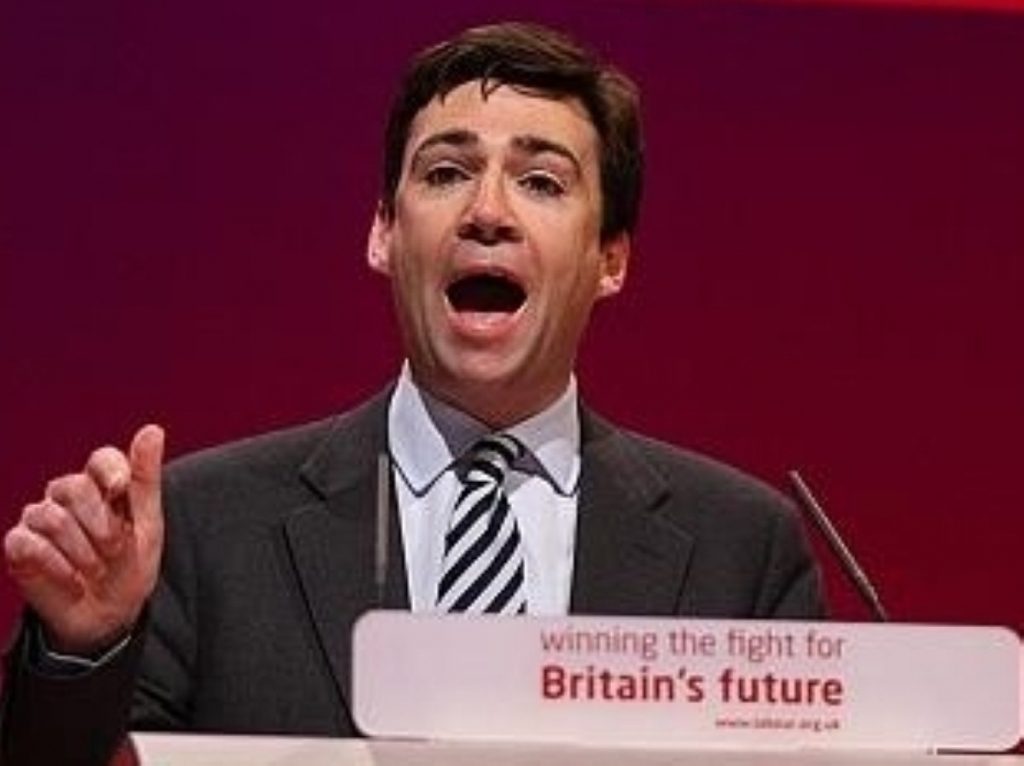Labour leadership candidates try to prevent internal war
By Ian Dunt
Labour leadership candidates are desperately trying to distance themselves from a spasm of infighting prompted by the release of Peter Mandelson’s biography.
The peer’s book, The Third Man, is being serialised in the Times this week, but its very existence has triggered an ugly series of recriminations and attacks.
In an interview with the Times, Lord Mandelson said he, Tony Blair and Gordon Brown – the three architects of New Labour – had “killed each other” during their time in government.


“The unbridled contempt that some people around Gordon had for Tony and those who worked for him was very destructive,” he said.
“They were constantly winding him up – partly because that’s what they felt. Partly because that’s what they thought he wanted to hear.”
But Charlie Whelan, former press secretary to Mr Brown and currently political director of Unite, blamed Labour’s election defeat on Lord Mandelson, in a surprisingly brutal attack on his former colleague.
“Peter ran the worst general election campaign in Labour’s history,” he told the Sunday Telegraph.
“Nobody knew what the message was at all. It was a disaster from beginning to end.
He added: “Peter wasn’t focused on the campaign at all. Clearly his only thoughts were for his book.”
Labour leadership candidates were quick to promise that they would start a new period in Labour politics if they were elected leader.
Speaking on the Today programme this morning, Ed Miliband said he had never been part of a tribe, despite being seen as a loyal Brownite.
“I always considered myself one of the least tribal people – and still do – in Labour politics,” he said.
The shadow energy and climate change secretary, who was also responsible for helping to draw up Labour’s election manifesto, said Labour had lost not because of the people involved but because it had lost its ideological heart.
“If any of us think we lost the election because of personalities we’re profoundly wrong,” he said.
“People lost a sense of who we were and what we believe. We ended as the party that defended bankers’ bonuses and pushed for ID cards.”
Fellow leadership candidate Andy Burnham went further, promising a “complete break” from the “egotistical factionalism” of Labour’s past.
In an interview on the Politics Show he promised a “complete rejection of the style in which we have run our party in the last 16 years”.
Mr Burnham said: “There was far too much self-indulgent and egotistical factionalism and people spending their weekends at London dinner parties plotting the demise of other people in the Labour party.
“Quite frankly I’ve never had a part of that and I don’t want any part of that. The net effect of it all was it just made life harder on the doorstep for ordinary Labour party members and activists up and down the country.
“We need a complete break from all of that – we don’t need more of the same and I can bring the change that Labour needs in this next period.”
A controversial and complex figure, Lord Mandelson prompted division in the Labour movement from his very first moments in the party.
Mr Blair once said that that his Labour project would be complete when the party learned to love him, but it appears that even in his final act Lord Mandelson prompts anger and recrimination.











